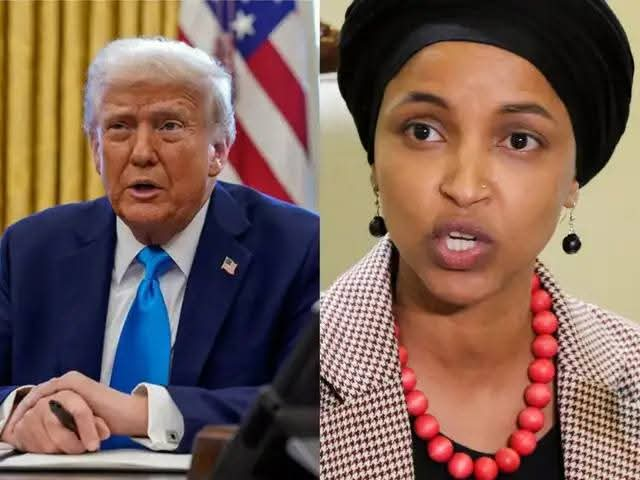Regardless of whether former President Donald Trump’s remarks were politically motivated, they highlight issues that many Somalis have been speaking about for years. The focus should not be on who said it, but on whether the statement reflects the truth—and in this case, it does. Somalia consistently ranks among the most corrupt countries in the world, according to Transparency International, reflecting deep-rooted systemic failures that have gone unaddressed for decades.
On Leadership in Somalia
Many share the view that Somali leadership has failed to provide basic services, foster national unity, or establish effective governance. The perception that political elites enrich themselves while ordinary citizens suffer is not only a moral failure—it’s a direct threat to national stability and development. When leadership lacks credibility and accountability, it becomes not just a political issue, but a humanitarian and security crisis.
The current president, Hassan Sheikh Mohamud, has remained notably silent in response to Trump’s remarks—demonstrating a lack of courage to confront the hard truths about the nation’s condition. Instead of addressing the country’s urgent challenges, he appears more focused on mismanaging national resources and soliciting foreign aid, while ignoring the root causes of Somalia’s enduring struggles: poverty, corruption, hunger, and insecurity.
His record reflects both incompetence and corruption. Somalia has suffered over 40 years of turmoil—one of the longest-running governance crises in modern history—largely due to the consistent failure of those in power to lead with integrity or vision.
The Somali people survive not because of government support, but in spite of its absence. They rely on international aid, livestock trade, and the unwavering support of the diaspora, who continue to send remittances to sustain their families. Meanwhile, Somali leaders contribute little of value, perpetuating cycles of corruption, division, and underdevelopment.
On Foreign Involvement
The international community often engages in Somalia for its own strategic, economic, or geopolitical interests—rather than out of genuine concern for the well-being of the Somali people. Without strong and principled domestic leadership, foreign involvement too often becomes exploitative, exacerbating Somalia’s challenges rather than helping to resolve them.
What Can Be Done?
Somalia does not need more empty promises or foreign-funded projects that benefit only a few at the top. The country needs real, transformative change—led by the people and rooted in national interest.
Key actions include:
Grassroots Mobilization: Communities must organize around shared priorities such as education, security, healthcare, and anti-corruption efforts.
Stronger Civil Society and Media: Independent institutions must be empowered to hold leaders accountable, expose wrongdoing, and inform the public.
Diaspora Engagement Beyond Remittances: The global Somali diaspora must play a greater role in political advocacy, investment in sustainable development, and the strengthening of governance systems.
Youth Empowerment: With a predominantly young population, Somalia’s future depends on educating, organizing, and empowering youth to become agents of change and nation-building.
If these steps are not taken soon—and with urgency—then Somalia does not need more half-measures or performative reforms. It needs a revolution: one based not on violence, but on accountability, integrity, and national unity.
By Muna Kaamila

